Woman in the Yemeni Folk Proverb
Khabar Khair (Only Good News) – Dr. Noha Nasser
Folk literature acquires a decisive value in social and psychological studies that deal with the mental perspective of society and its impact on the stereotyping of the mind over a set of fixed values that are passed down from generation to generation.
While folk literature is intended to be a plurality and variety of forms, popular proverbs are the most widely spoken aspect of popular literature as they “express people’s nature, customs and beliefs in order to penetrate into most aspects of their lives, and sometimes go beyond that to provide a model for many life situations, and contribute to shaping the attitudes and values of the members of the popular society”. (1) The search for the model of women in the Yemeni popular proverb can help us learn about the model women and against them in the collective consciousness as shown by Yemeni popular proverbs.
Defining Popular Proverbs:
The proverbs are mentioned in the Holy Qur’an in the verse in Surah Ibrahim verse (24-25):{Have you not seen how Allah set forth an example, a good word is like a good tree origin, who’s essence (root) is firm and its branches are in the sky, it yields its fruits at all times by the leave of its Lord. And Allah sets forth examples for mankind, in order that they may deliberate (25)} (2).
There are many definitions that limit popular proverbs, almost all of which do not fall short of describing popular proverbs with brevity, condensation and depending on the situation. However, the follower of the subject (Proverb) in “Lisan Al- Arab” (The Arab Tongue) finds that the popular proverbs are given in the sense of similarity, parable and the replication along its lines of sayings, so the proverb is “the thing that gives an example to something and makes it similar to it (3), and Emile Yacoub defined the proverbs as “a brief expression that people favor in form and content, so it spreads among them, transmitted by the successor from the predecessor without any change, as it is often represented in similar cases when the proverb was originally given, even while ignoring its origin” (4).
In addition, Mohammed Al-Rawi believes that the popular proverb is not far from being “a proverb that shows its eloquence in the brevity of its pronunciation and targeting its meaning said on a specific occasion, and it was taken to be used on such an occasion” (5), and it should be noted that the popular proverbs went through several stages from individuality to collective acceptance, including change and reformulation until it reached its last form that is spread among people (6).
The Woman in Popular Proverbs:
Popular proverbs are an explicit expression of the ideologies adopted by the society, and at the same time the proverb stands by the everyday surroundings with words and candor, and the appropriation of the proverb for the various courses of life achieves novelty and continuity as it is part of the social system that deals with behavioral controls, where the proverb serves as the source of custom legislation, the social legislator (7).
In addition, the popular proverb in this way is considered “a constitution for the relations among the three modes of society, which are the individual, groups as units and society as a whole, and it carries cultural experiences that have been stored by the subconscious through relationships and reputation and resurface when needed” (8).
From a social point of view, proverbs are considered an indirect expression of rights, duties and inequality among the poles of society in a unanimous agreement to legalize a special image of women developed through the popular proverb that formulates the general summary of the society’s view of women and derived from social history throughout the ages because the popular proverb is “one of the features of human identity and reflects the social and cultural values of the society in which it lives. Thus, the proverb is as important as sacred customs, rule of law and the control of speech in people’s lives” (9). Hence, the proverbs defined the repulsive relationship that exists between women and society as a whole, as they restricted women by making them the negative value in society in some of its provisions.
The Devil is the Man’s Master and the Woman’s Student
Based on this popular proverb, the image of women is reflected in the global memory of societies on the basis of their diversity. Those who follow the popular proverb in the various spheres of society, even among the most civilized peoples, find that they possess in their collective memory one vision of women, which is that they are the basis of every ugly, pessmistic and misguided act. Among these folk proverbs, after being translated from their original language, “A woman has long hair but a short brain”, “The last thing that dies in a man is his heart, and in a woman is her tongue”.
The Arab folk proverb in various parts of the Arab countries does not deviate from the general perception of women as reflected in the popular proverbs in the West, and among the Arab popular proverbs are many that are difficult to talk about here, they include, but are not limited to, the Egyptian popular proverbs, such as: “Wedding celebration and pandemonium, thus the bride looks like a frog”, “Her sting is deadly like a scorpion’s”, “The woman who delivers girls worries until the day she dies”.
Mousa Barhouma believes that the symbolic proverbs still control the behavior of a large segment of society, and he also thinks that popular sayings impede the urbanization of the society’s behavior and re-read them according to a historical connotation, which does not represent the actual living reality, and this is represented by honor crime in Jordan in which the punishment of the killer is reduced by a short prison term if he kills one of his female relatives under the pretext of preserving honor, according to Article No (340) of the Jordanian Penal Code, which the People’s Assembly could not overturn (10) as it is in line with the legislative public mood.
And the society has the right to sue women and judge them away from the role of the judiciary and vice versa, given that this law is considered a deterrent approved by the community and is consistent with its popular heritage, especially with the Jordanian proverb “The death of girls is an honor” (11).
Yemeni Popular Proverbs
With regard to women in the Yemeni proverbs, although they are similar to those in the Arab ones, they have another dimension related to work and family. If women, in the Arab popular proverb in general, represent a marginal value in society, in many of their verbal sayings, this is due to the actual reality in the composition of women themselves, and not to projections of the social reality that are unjustly and unfairly attached to women.
This rejected image of women in Yemeni proverbs has its resonance, thus it is not related to the specific nature of women as much as to the difficulty of daily life and the provision of livelihoods that do not come easily, emphasizing that the negative image carries in some proverbs an excess that collides with the ethics and values of the society, as it is a conservative society that springs from its view of women from the perspective of shame, defect and prohibition.
The Mother in Yemeni Proverbs
Women have emerged in the Yemeni popular proverbs in a positive way, especially with regard to the image of the mother and the exhortation of her status, and the proverbs that deal with the mother are similar in meaning, however, they may differ from one region to another in linguistic terms, but they all agree in emphasizing the important role that is entrusted to the mother in raising her children.
“The mother remains a mother, even if she is toxic”, “Who does not treat his mother well, will not treat his aunt, his mother’s sister well either”, “Who does not have a mother or an aunt falls in what is forbidden …”, “No one knows my womb except the child in my belly”, “Whose mother is cobra will never be widowed”. These proverbs indicate the position of the mother in the Yemeni family, and the necessity of her righteousness, and her relationship with her children.
Family Relationships in Yemeni Popular Proverbs
The introduction of popular proverbs to the issue of family relations in determining their position on women varies between a positive and a negative position, depending on a group of matters such as lineage, intermarriage, difficult livelihoods, and relations among women within the extended family, including those related to cultural dimensions derived from pre-Islamic customs such as the preference of boys over girls. These matters determine the position of the woman in the Yemeni proverb between positive and negative, including, but not limited to “The son of my son is also my son, thus the son of my daughter is not”, “One disobedient son, but not ten obedient daughters”, “With her family, even if she has scabies”, “He said it using bad words, she answered I am thankful he talked to me”, and “For who’s been supported by his daughters, your land would be built on the river”.
The Work of Women in Yemeni Popular Proverbs
The talk about women’s work in Yemeni popular proverbs is related to their job role in serving their family at home, especially cooking, and these proverbs urge the need to take care of the quality of what you cook “Cook your porridge well for you don’t know who shall eat it”, and some of the proverbs indicate that women’s cooking at home is directly related to the man’s work and his purchase of household supplies. He said: Cook, my neighbor, she answered: Pay the cost, sir”, including what comes in the form of cooperation “You only have to make a pie, and I’ll take care of firewood and water”. Thus, the proverb also expresses the negative view that affects a woman who does not know how to cook, as being useless “She did not benefit me when she was alive; how will she benefit me from the grave”.
There are Yemeni examples that despise some of the professions in which women work, such as their saying, “The barber’s son wants a woman even she was a servant”. This proverb applies to many jobs in which women work, and society considers them to be inferior and devalue the concerned person and the rest of his family.
Yemeni Poverbs about Women
Beside being part of the proverbs of the Yemeni society, there are proverbs that only circulate on the tongues of Yemeni women, some of which express their preference for the death of their husbands than his marriage to another “I’d rather cry over him if he dies, but I would never cry if he remarries”. it is easier for her to cry over his death than crying over his remarriage, and this oppression is embodied by the proverb “The other wife hurts, even if she was in the East”, and about the suffering and misery of the woman, the Yemeni proverb says, “The woman gets tired even if she is made of gold”, “Oh, my heart, pity me for compassion is in vain; the poison and the defect are within the home”, and “The Eid is here, my clothes are in Sana’a, the textile is expensive, and the surrounding people are blind”.
The Negative Image of Women in the Yemeni Popular Proverbs
There are many popular proverbs that touched on Yemeni women and carried a negative dimension derived from the overall ideological dimension of the Arab nation. The Yemeni folk proverb included the honorable prophetic hadiths according to a misunderstanding of the hadith, such as the distorted meaning of the honorable hadith “Women are short of mind and religion”.
The misconception about the aforementioned hadith is mentioned in the Yemeni proverbs in multiple forms, all of which revolve around the verbal significance of the hadith, and among these proverbs:
“The woman does not see beyond her nose”, “The mind of a hundred women is in the head of a crazy female goat”.
The negative image of women in the Yemeni popular proverb not only stops at the misconception of cultural narratives, but the Yemeni popular proverb is rife with taboo (prohibited), especially with regard to proverbs that express women.
The patriarchal society deliberately broke the social taboo, and presented women in a morally corrupt manner in some of its propositions, and this kind of proverbs, in fact, even if its subject or template is women, goes beyond women to be a detractive description of men themselves.
Also, some bad habits in the society that followed the popular proverb have always attributed the feminine to the animal or inanimate. The researcher behind this finds that the collective memory retains the value of inferiority with regard to the feminine, and on the contrary, a narcissistic self whose power derives from the consensus of society and from the popular heritage that abounds in this. It’s worth to be mentioned that the conservative society senses its audible awareness of searching for women’s taboos in order to create an ideal “I”, that benefits from the other negativity to last, which occurred in a previous period. Thus, despite this, the ethic culture found in the proverbs is not a constant value and reflects the Yemeni society in its successive stages, and this can be noticed through the development of Yemeni women in various fields at the general level contrary to what popular proverbs reflect in its negative side.
The source of the negative image of women, as presented by Yemeni proverbs in its negative aspect, is a reflection of the mental background of society, and of ready-made templates in light of their misinterpretations. And the negative image does not stop at the exclusionary view of women, but it goes beyond it to strip society of its conservative habits that it has adopted with regard to women, which is the silence against the taboo about the Yemeni popular proverbs.
Finally, it can be said that the popular heritage, which is a constant dimension in its entirety, through which a stereotyped image is reproduced classifying women hierarchically inferior comparing to men, and this production of cultural heritage in its ideology reproduces itself by popular proverbs.
The woman in the Yemeni popular proverb is the mother, the wife, the working woman and the mastermind, thus she is a calamity and a taboo. So, the popular proverbs stand as a counter-reaction to the conservative society in a verbal practice, named deviation. It is noticeable that the proverbs, although in some of their forms, carry a negative value about women, but they do not necessarily express the societal perspective in its growing process. In fact, The woman in Yemen is not the same woman in the Yemeni popular proverb.
الهوامش:
Glosses:
- Studies in folklore: Ibrahim Abdel Hafez, The General Organization of Cultural Palaces, Cairo, 1, 2013 AD.
- The Holy Quran.
- Lisan Al-Arab (The Arab Tongue): Muhammad bin Makram bin Manzoor, Dar Sader, Beirut, 1st
- Edition.
- Encyclopedia of the Arab Proverbs, Emile Yacoub, Dar Al-Jeel, Beirut, 1st Edition, 1995 AD, part 1.
- Encyclopedia of Popular and Colloquial Proverbs in the Arab World: Mohammad Al-Rawi, Dar Osama for Publishing & Distribution, Amman (Jordan), 1st Edition.
- Studies in folklore, a previous source, see also: Forms of Expression in Folk Literature: Nabila Ibrahim, Dar Gharib for Printing, Publishing and Distribution, Cairo, 3rd Edition, 1981 AD.
- Studies in folklore: a previous source.
- Encyclopedia of Egyptian Popular Proverbs: Ibrahim Ahmed Shaalan, Dar Al Afaq Al Arabiyah, 1st Edition, 1999 AD.
- The image of women in the Palestinian proverb: Shazam Mohammed Hussain www.fokcltarebh. org.
- Between the Folklore and Popular Culture: Fawzi Al-Antel, Dar Al-Hilal for Printing & Publishing, 1972 AD.
- A society Afraid of Women’s Body: Mousa Barhouma, www.elaph.com.

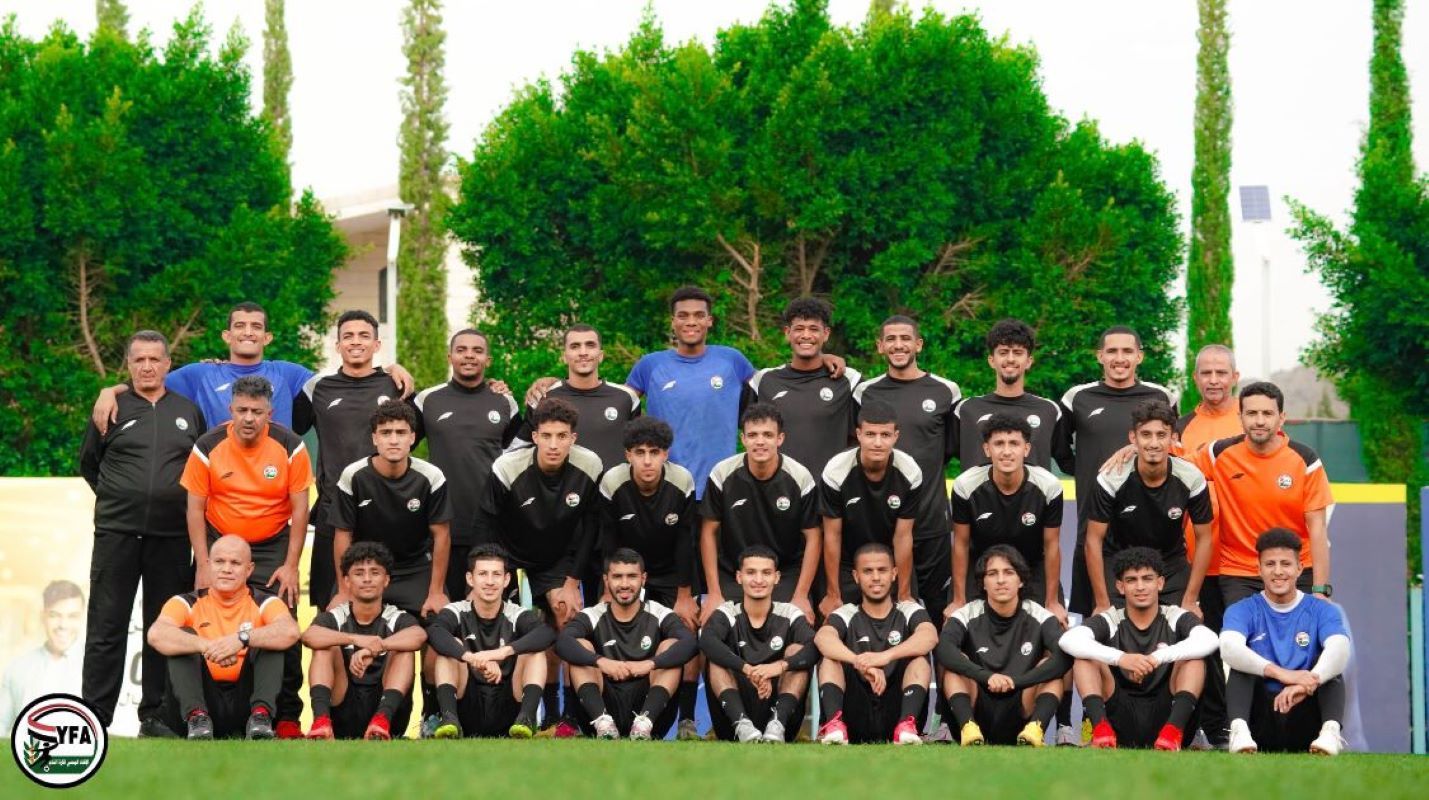
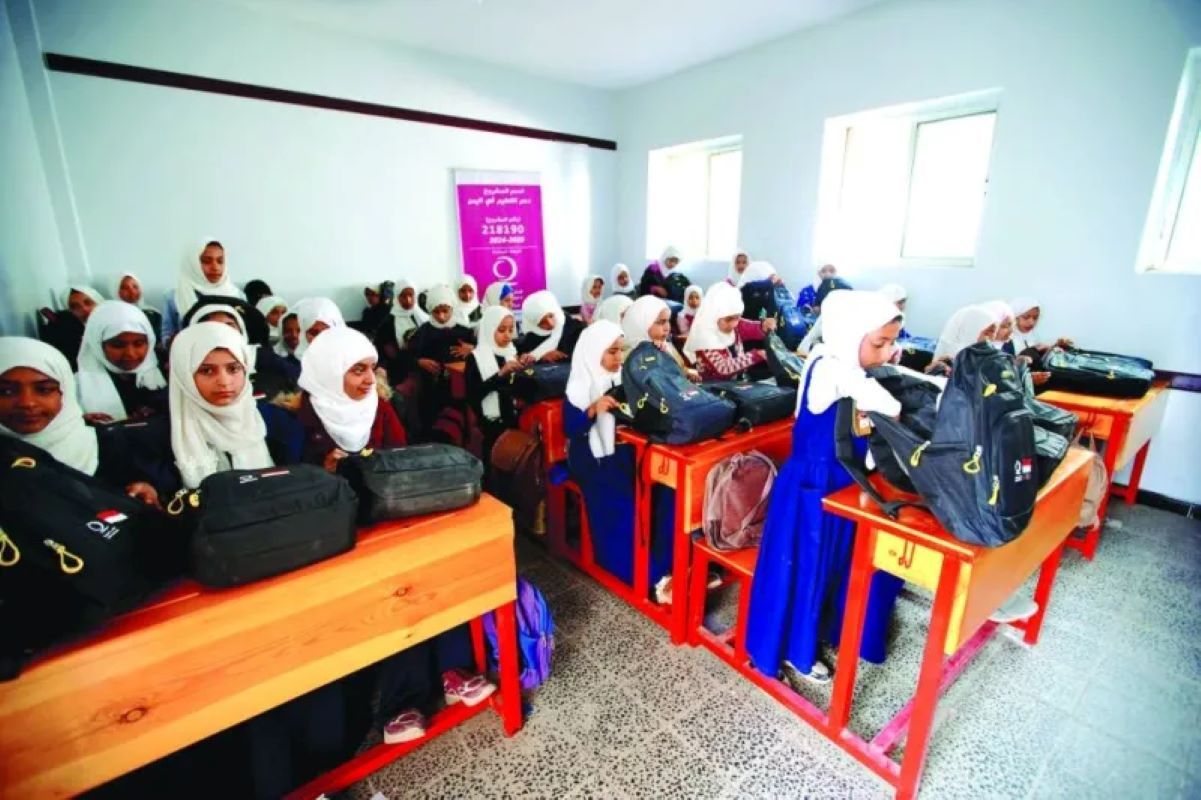
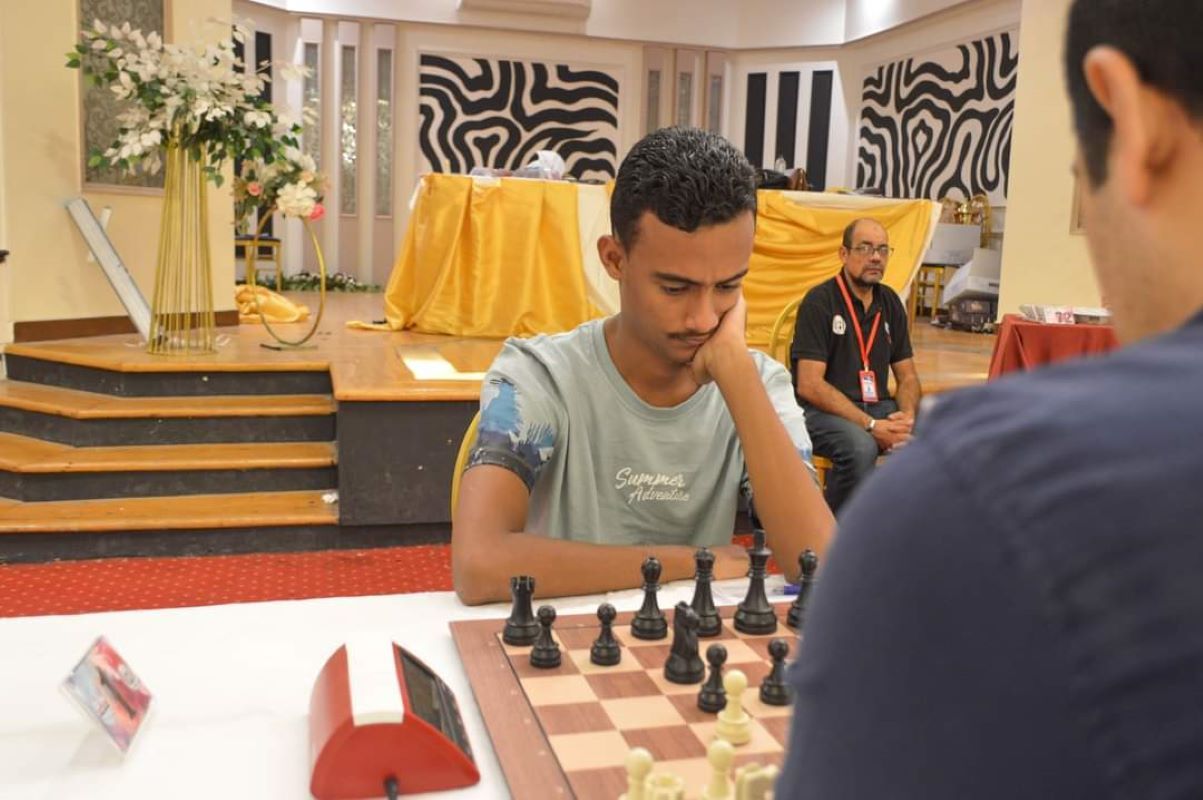
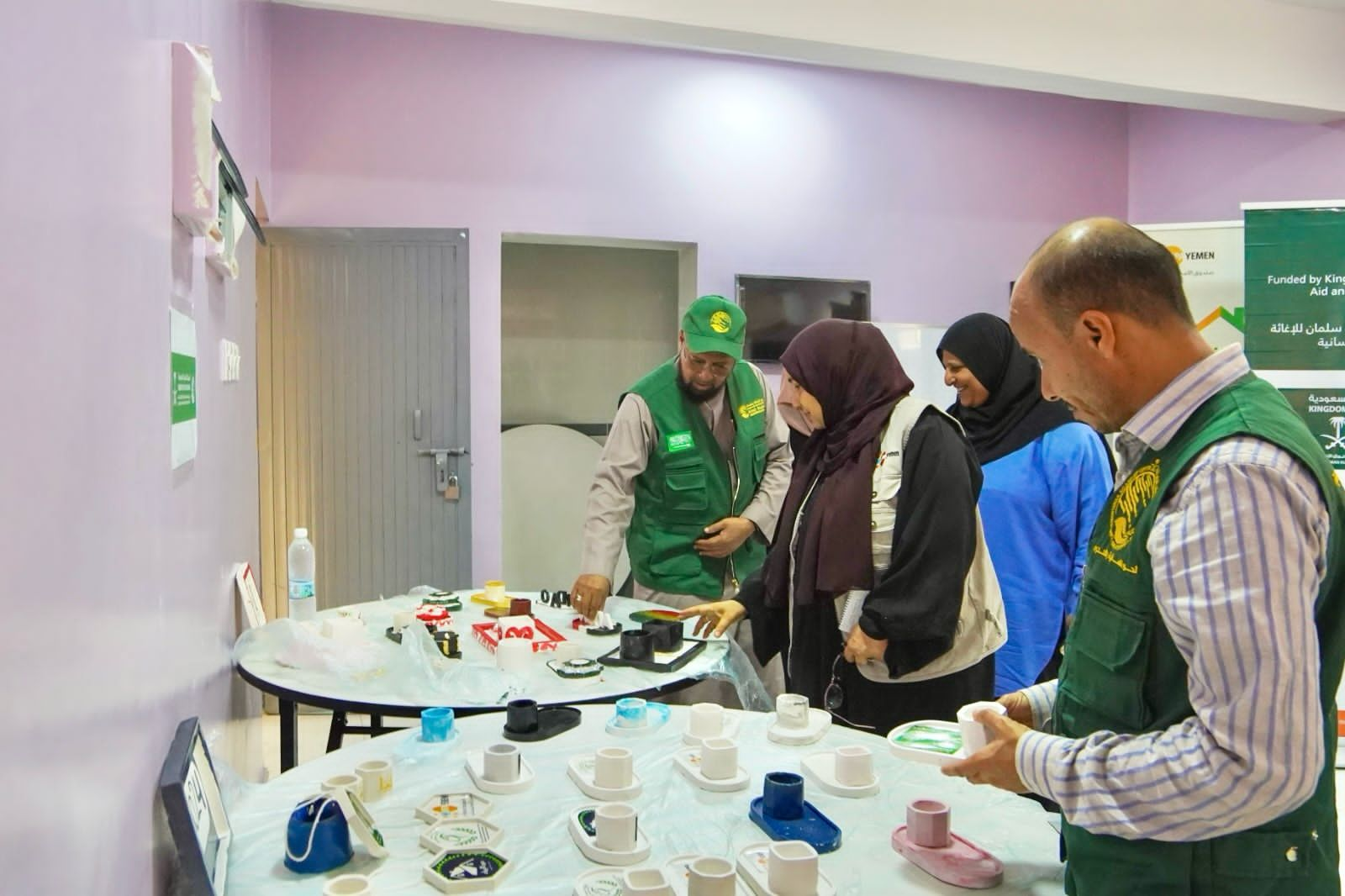
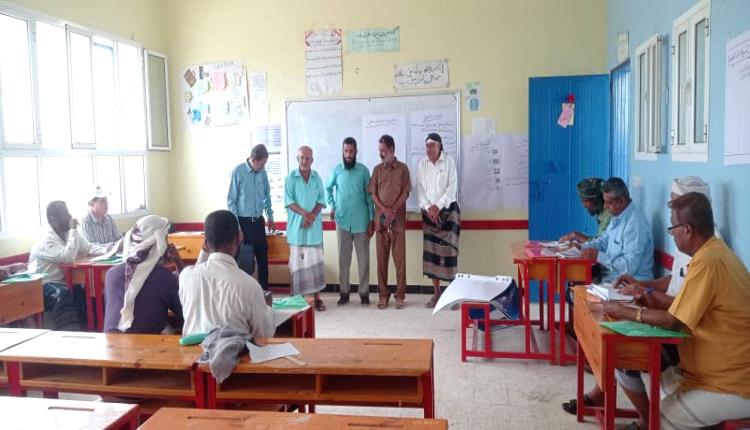


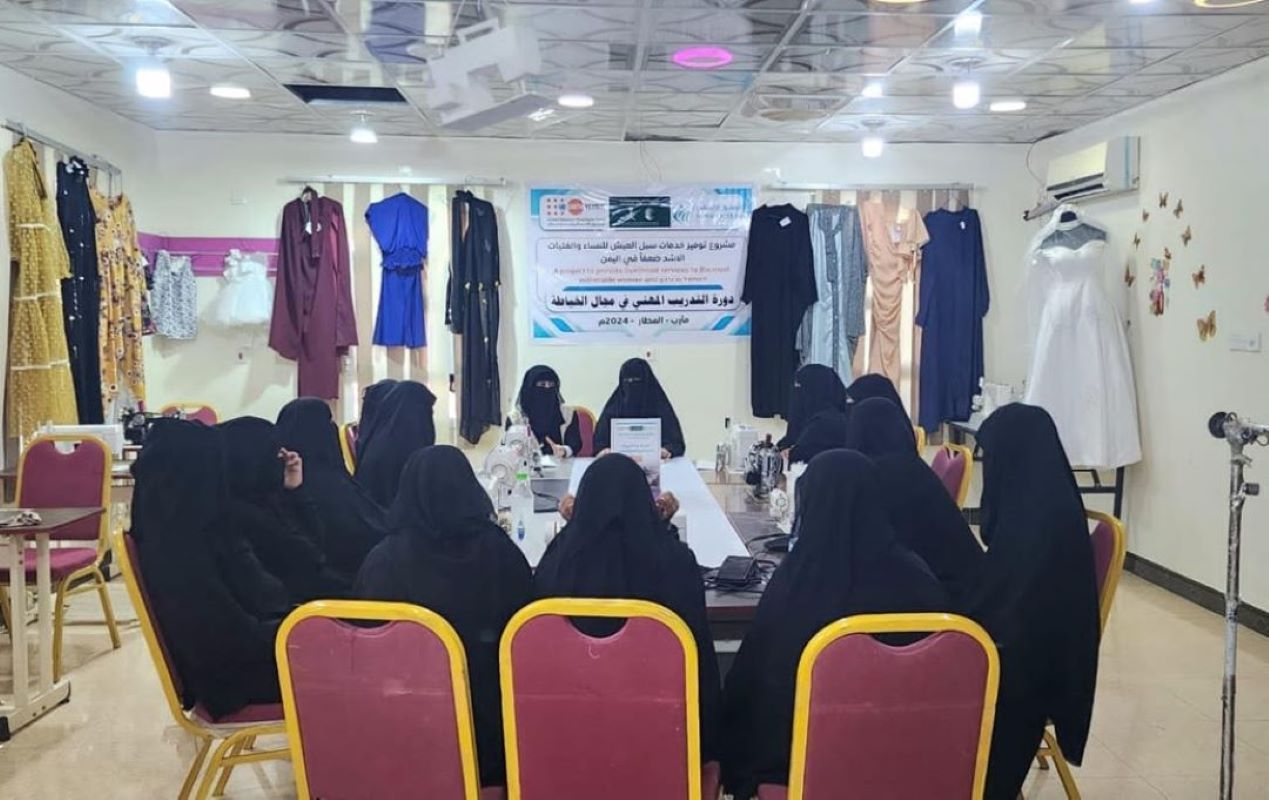

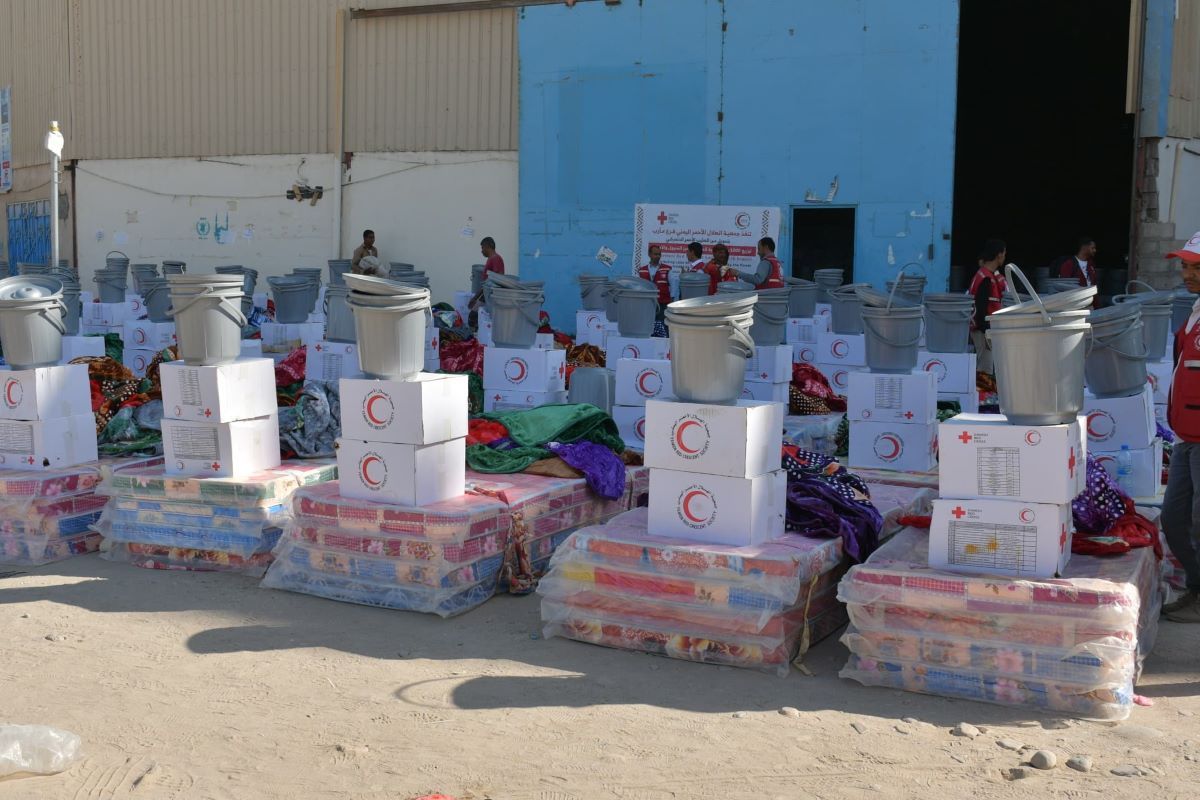


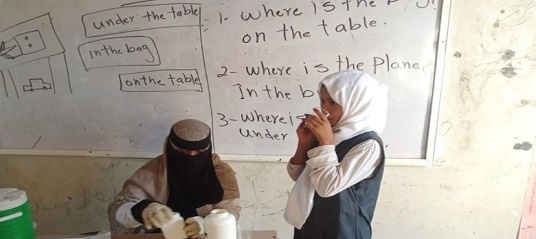
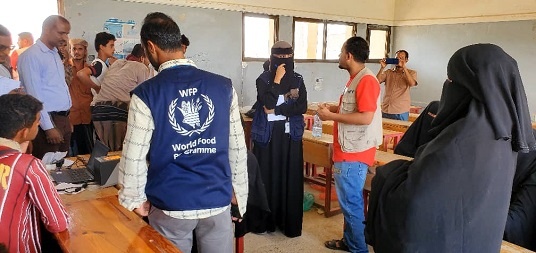

LEAVE A COMMENT